Google is slowly killing Fitbit — should you still buy one?
Fitbit still exists under Google... sort of
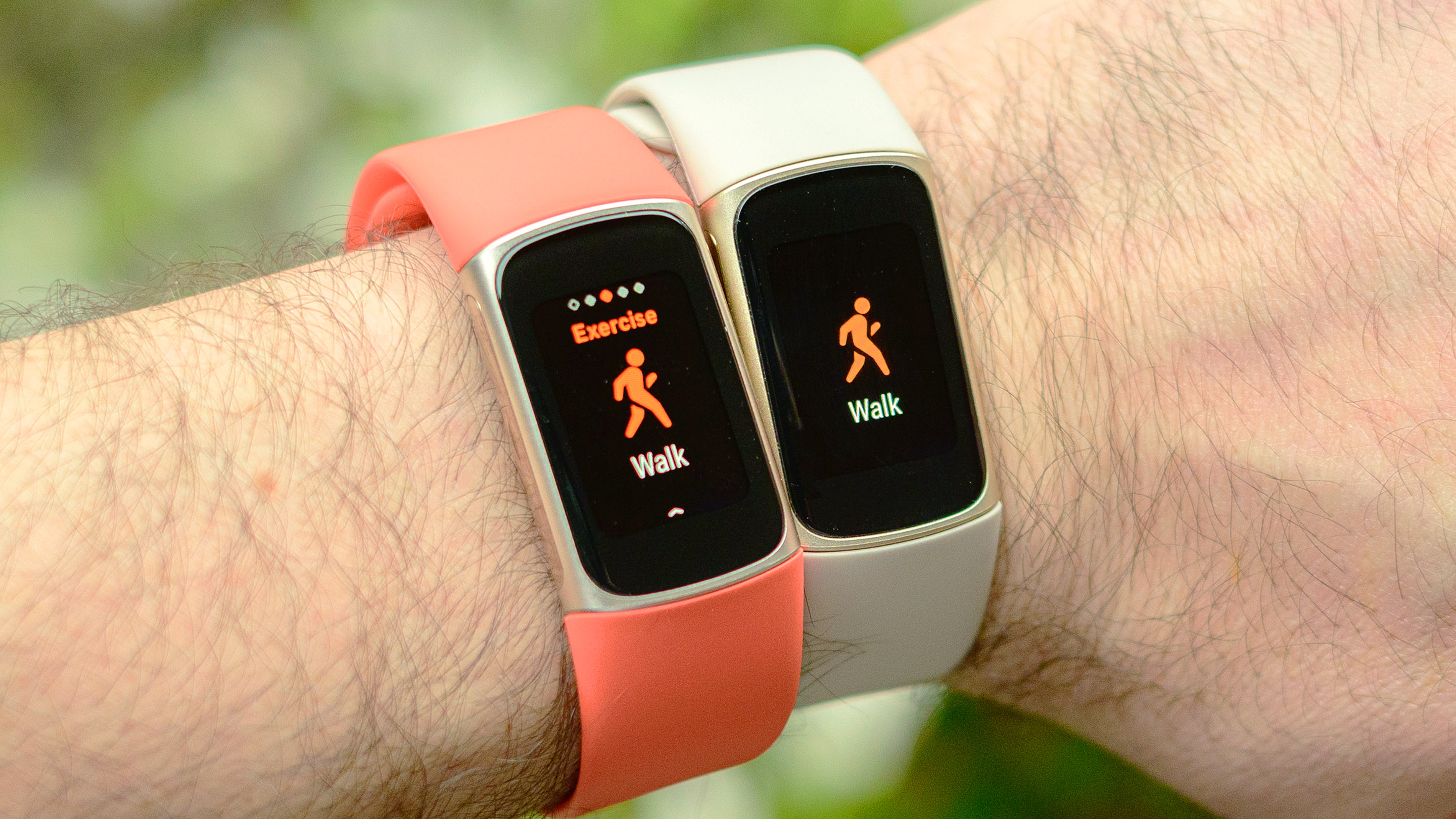
Under Google's ownership, the Fitbit brand in 2024 is nothing more than a shell of its former self. Google picked up the OG fitness tracker maker back in 2021 and has slowly chipped away at everything that makes Fitbit Fitbit ever since. And the death march continues.
In September we learned that Google plans to kill off both of Fitbit's popular smartwatch lines, the Versa and Sense, suggesting that folks with an interest in a potential Versa 5 or Sense 3 instead consider the new Pixel Watch 3.
This week, the Fitbit brand received yet another nail in the coffin: Google is officially shuttering Fitbit.com. So is this truly the end for Fitbit? If so, how the heck did we get here? And perhaps most importantly, should folks still consider buying a new Fitbit device? I'll answer these questions below.
What’s going on with Fitbit?
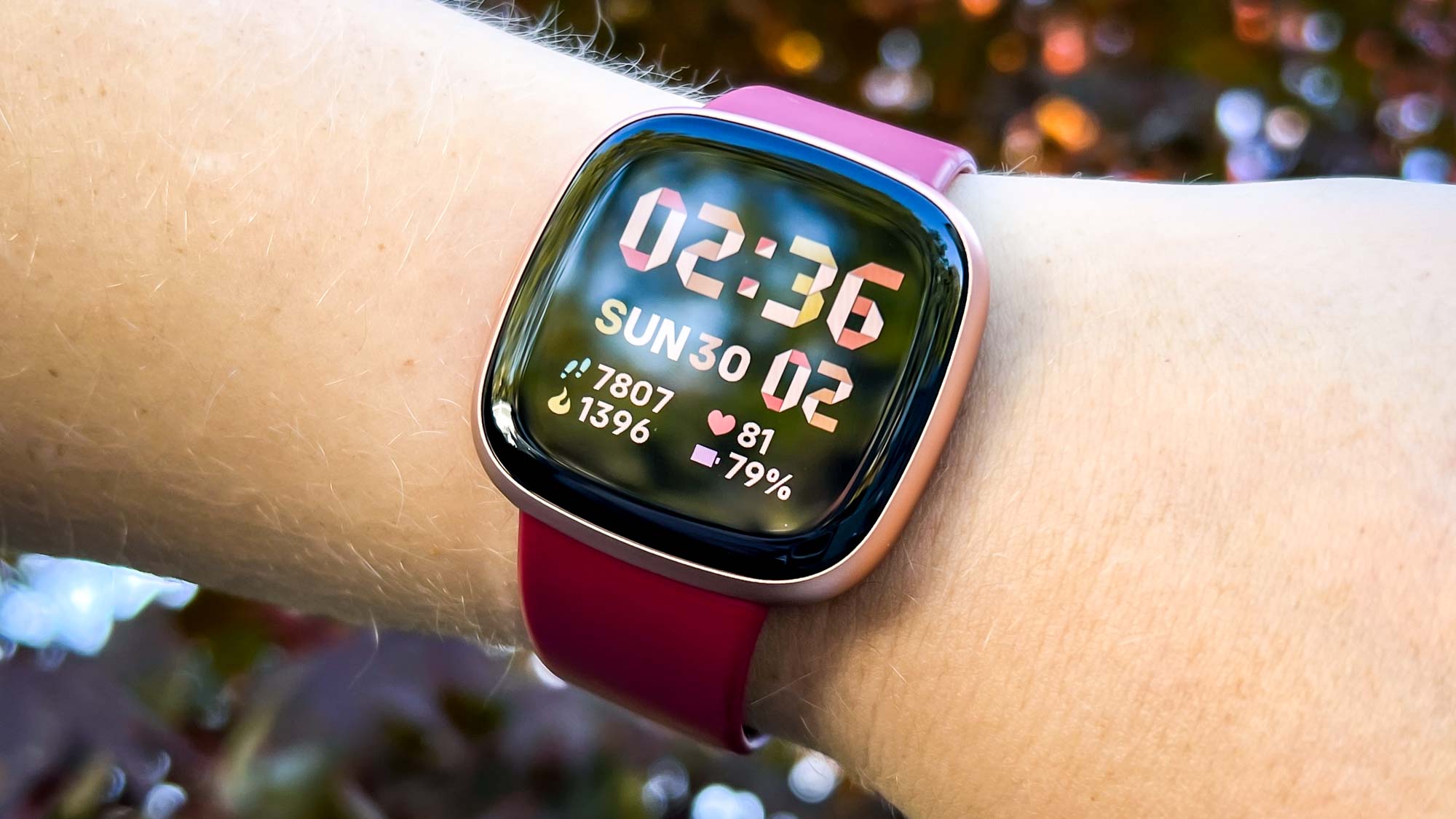
Google bought Fitbit in January 2021 for $2.1 billion. At the time, the Mountain View, California tech giant promised it would take a hands-off approach, much to the relief of Fitbit owners everywhere, myself included. But that promise turned out to be false.
When the flagship smartwatch Fitbit Sense 2 launched in September 2022, many of the smart features offered on the original Sense model had been removed, including support for Google Assistant and a smattering of useful third-party apps. The Sense 2 and its little brother, the Versa 4, also shipped with WiFi deactivated and no support for local music playback — again, unlike their predecessors.
Coincidentally, or not at all, the new Google Pixel Watch that launched around the same time did offer these features. This was the first sign that Google was sacrificing Fitbit for the Pixel Watch line.
That same fall, Google degreed that all Fitbit owners would be required to have a Google account to continue using their devices, something that didn't sit well with many.
Get instant access to breaking news, the hottest reviews, great deals and helpful tips.
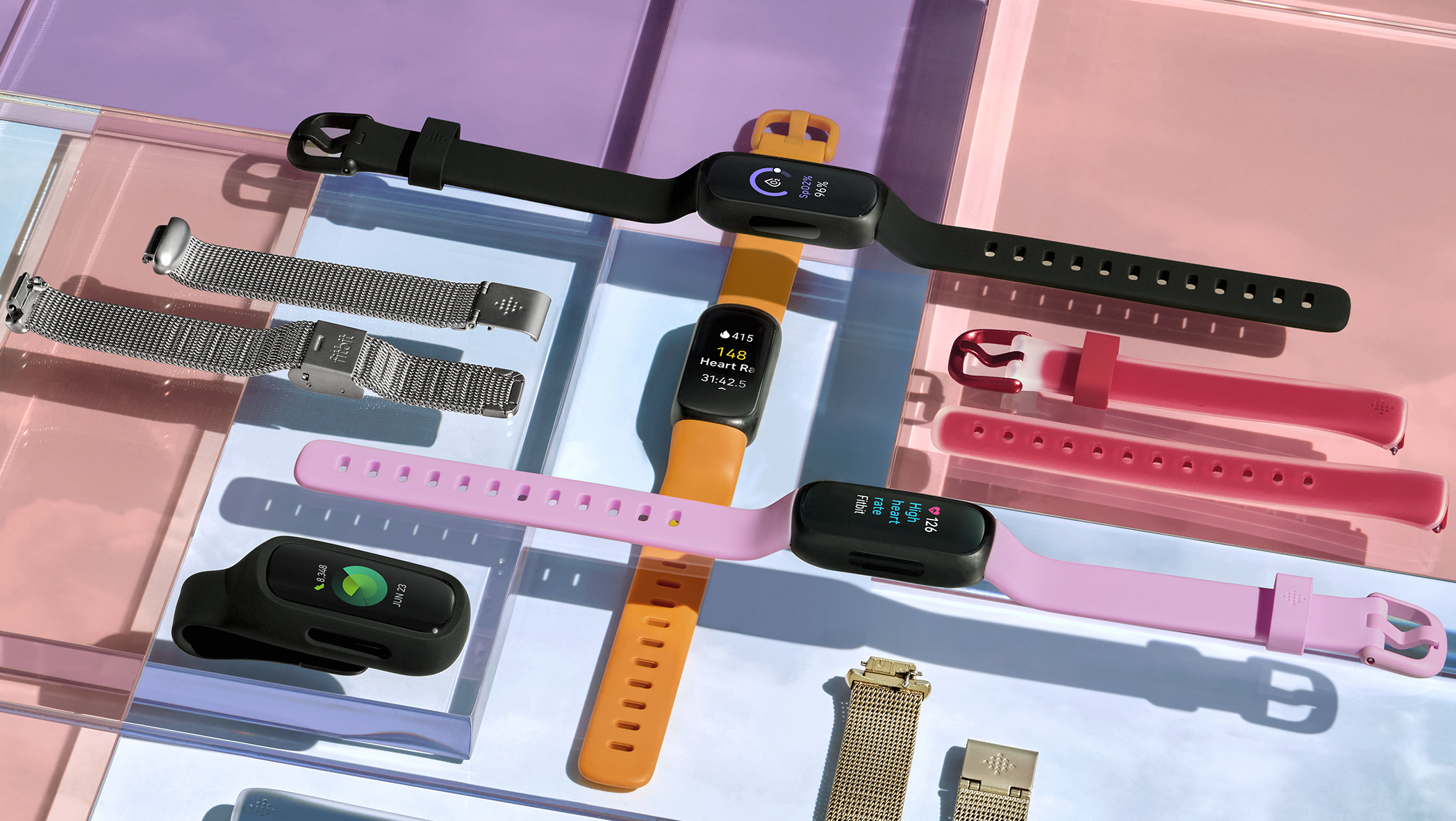
Then, in early 2023, Fitbit's much-beloved community-based Challenges, Adventures and Trophies began to disappear. It was around this time that Tom's Guide editor Jeff Parsons made the call to ditch his Fitbit after a decade of use in favor of an Apple Watch.
News of Fitbit's demise remained relatively quiet for the remainder of 2023 but that changed in 2024.
With the launch of the Pixel Watch 3 this summer, Google quietly admitted that the Versa and Sense lines would be discontinued. This was at the same time we learned that the Pixel Watch 3 would inherit some of Fitbit's best (previously) paywalled features, like the useful daily Readiness score, which takes into account recent rest and exercise to predict how ready a user is to take on their day.
Finally, this week we found out that Fitbit.com is going bye-bye, which makes Google's plans for the Fitbit brand all too clear. So clear, in fact, there appears to be nothing much left to see at all.
Google has a habit of shuttering purchased brands
Fitbit isn't the first brand Google has bought and slowly devoured. In fact, there's an entire website dedicated to products and services that have been killed by Google —some internal and others acquisitions like Fitbit.
I, for one, am still mourning the loss of Google Reader, the tech giant's handy RSS feed aggregator that was nixed in 2013. Other favorites that met their end too soon include the image organizer/editor Picasa (RIP 2016) and the collaborative work platform Google Wave (RIP 2010).
Should you still buy a Fitbit?
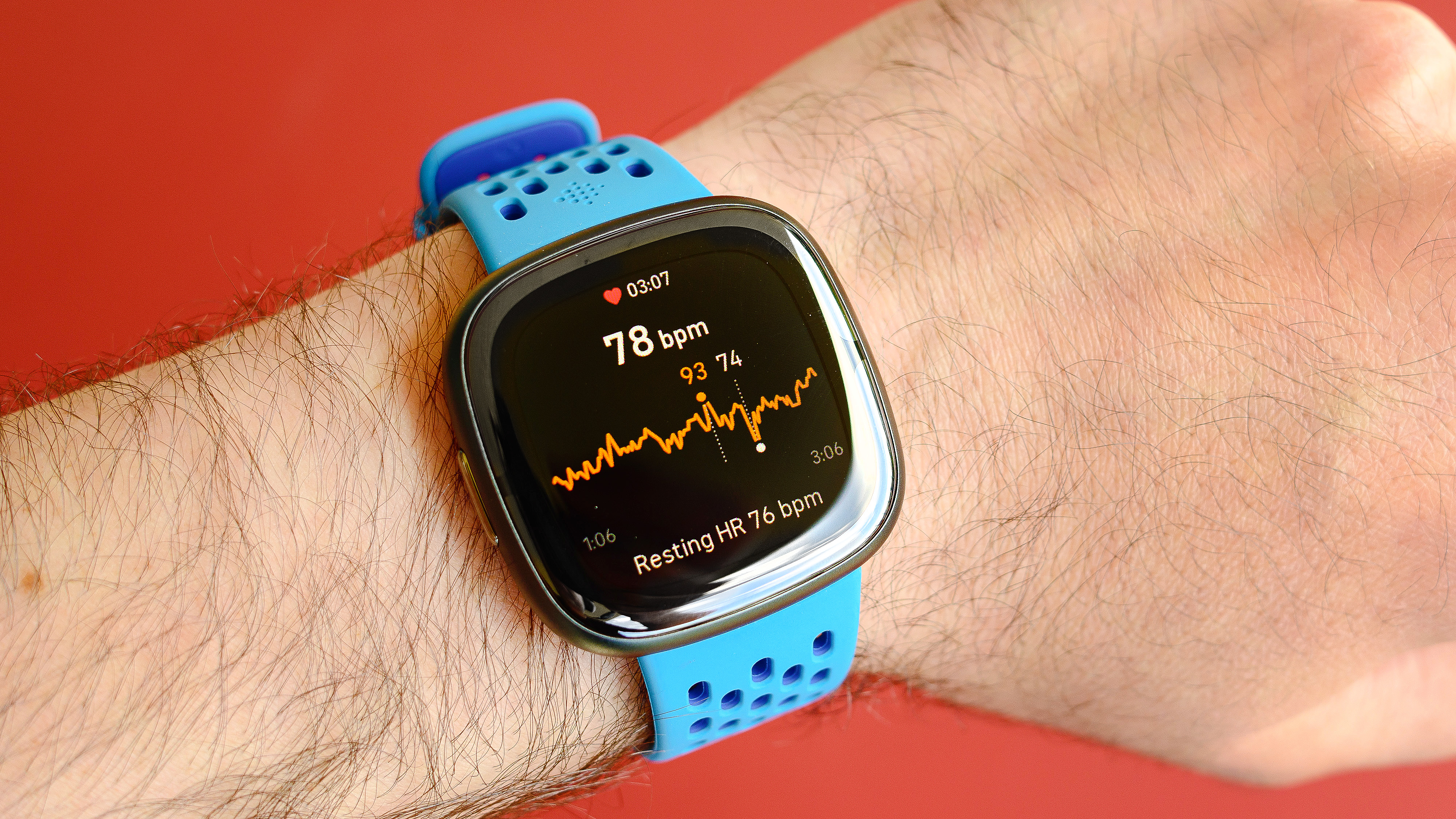
Now, to address the elephant in the room: Should you still buy a Fitbit? As someone who reviews wearables for a living and has long been a fan of the Fitbit brand, it pains me to say this, but, no, I do not recommend buying most of the best Fitbit models at this point.
With Google openly admitting that the Versa and Sense lines won't continue, it seems reasonable to assume that product support for the Versa 4 and Sense 2 has an expiration date, too.
With Fitbit's smartwatches out of consideration, what about the brand's more svelte fitness trackers? Here's where things get a bit more complicated. The Fitbit Charge 6 remains our top pick while the Inspire 3 is our budget pick when it comes to the best fitness trackers available. But that's likely to change given these latest developments.
To be fair, Google hasn't made any mention of killing the more affordable and easy-wearing Fitbit lines, but nothing would surprise me at this point. The good news is that there are plenty of worthy alternatives to Fitbit's best trackers, some of which cost even less than their Google-built counterparts.
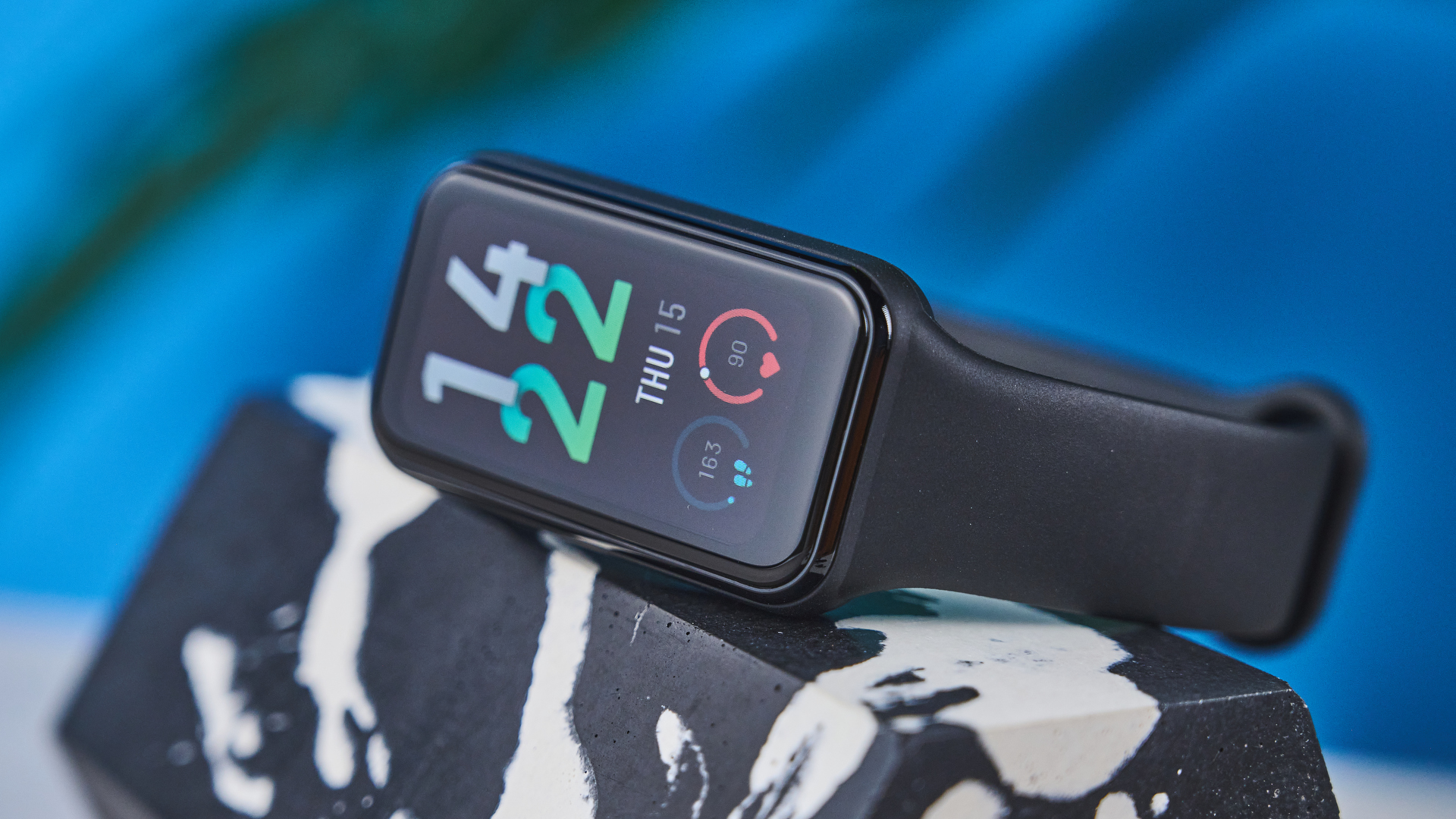
For instance, the Amazfit Band 7 is a decent substitute for the Inspire 3 and the Garmin Vivosmart 5 is pretty darn similar to the Fitbit Charge 6. Of course, if you miss the Versa and Sense, the Pixel Watch 3 is designed to be their natural successor.
But all of this may ultimately make you shake up your wrist-worn preferences. If you're keen on outdoor adventures or running, the best Garmin watches are a great alternative to Fitbit. Plus, the brand has several tracker-style devices that still come with access to Garmin's great (and free) training features, including the Vivosmart 5 mentioned above.
And if you're an iPhone user, Google's desire to swallow the Fitbit brand may nudge you towards one of the best Apple Watches instead. There's the budget-friendly Watch SE, the rugged Ultra 2, or the newly launched Watch 10 with sleep apnea tracking, a feature Fitbit never offered.
Ultimately, it's sad to see a beloved brand get swallowed up by a larger behemoth. And while Fitbit may be the most widely-known name in the fitness tracking space — making Google's decision to mothball the brand all the more perplexing — its demise just opens up opportunities for other manufacturers to step up.
More from Tom's Guide
- I hiked 9 miles with the Apple Watch SE vs. Pixel Watch 3 vs. Garmin Forerunner 165 — 5 things I learned
- Apple Watch 10 vs. Pixel Watch 3: Which smartwatch wins?
- I biked 9 miles wearing the Pixel Watch 3 vs. Galaxy Watch 7 — and the results surprised me

Dan Bracaglia is the Tom’s Guide editorial lead for all things smartwatches, fitness trackers and outdoor gear. With 15 years of experience as a consumer technology journalist testing everything from Oura Rings to instant cameras, Dan is deeply passionate about helping readers save money and make informed purchasing decisions. In the past year alone, Dan has assessed major product releases from the likes of Apple, Garmin, Google, Samsung, Polar and many others.
An avid outdoor adventurer, Dan is based in the U.S. Pacific Northwest where he takes advantage of the beautiful surroundings every chance he gets. A lover of kayaking, hiking, swimming, biking, snowboarding and exploring, he also makes every effort to combine his day job with his passions. When not assessing the sleep tracking and heart rate accuracy of the latest tach gadgets, you can find him photographing Seattle’s vibrant underground music community.
- James FrewBuying Guide Editor
 Club Benefits
Club Benefits





